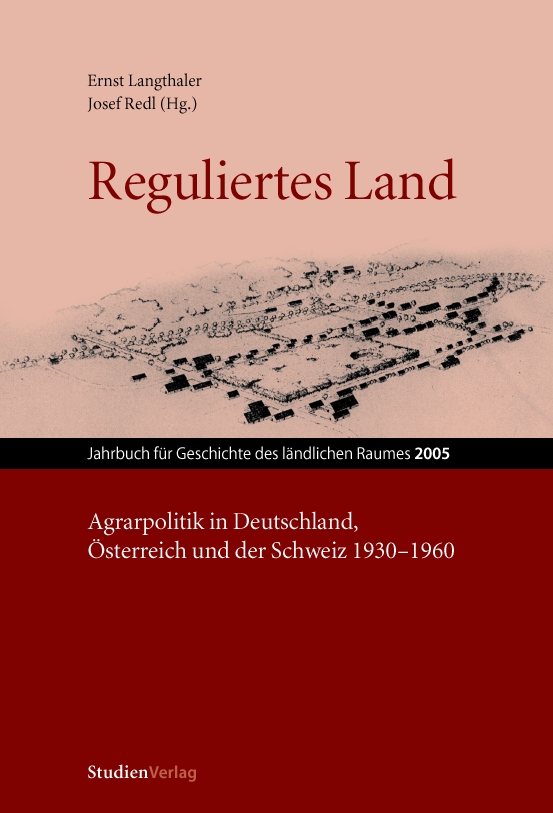Die „Scholle“ als „Blutsquell“
Ländliche Siedlung als Sozial- und Rassenpolitik im nationalsozialistischen Deutschland 1933–1939
DOI:
https://doi.org/10.25365/rhy-2005-4Abstract
Agrarian politics changed when the National Socialists started to govern on their own in the summer of 1933. Agriculture, hitherto economically defined, was gradually replaced by population and social policies based on racial grounds. The fact that racial criteria outweighed economics became problematic, especially when agriculture came to be seen as a tool in population policy. Legal means failed to realize the population political intentions. Politicians charged with agrarian affairs abandoned the attempt to direct matters via the Reichserbhofgesetz and the Gesetz zur Neubildung deutschen Bauerntums and adopted modern scientific sociological methods, which they intended to realize by means of area planning. The realization of these aims was not directed from the centre, but from power bases in the periphery of the German Reich; there, particular intentions were pursued that in themselves aimed at regional infrastructural improvements through area planning. The latter would have included considerable resettlements of the ‘planning concerned’ German population; these resettlements, however, turned out to be relatively minor during the war, in contrast, of course, to the displacement and forced resettlement of millions of European peasants in the occupied areas.


